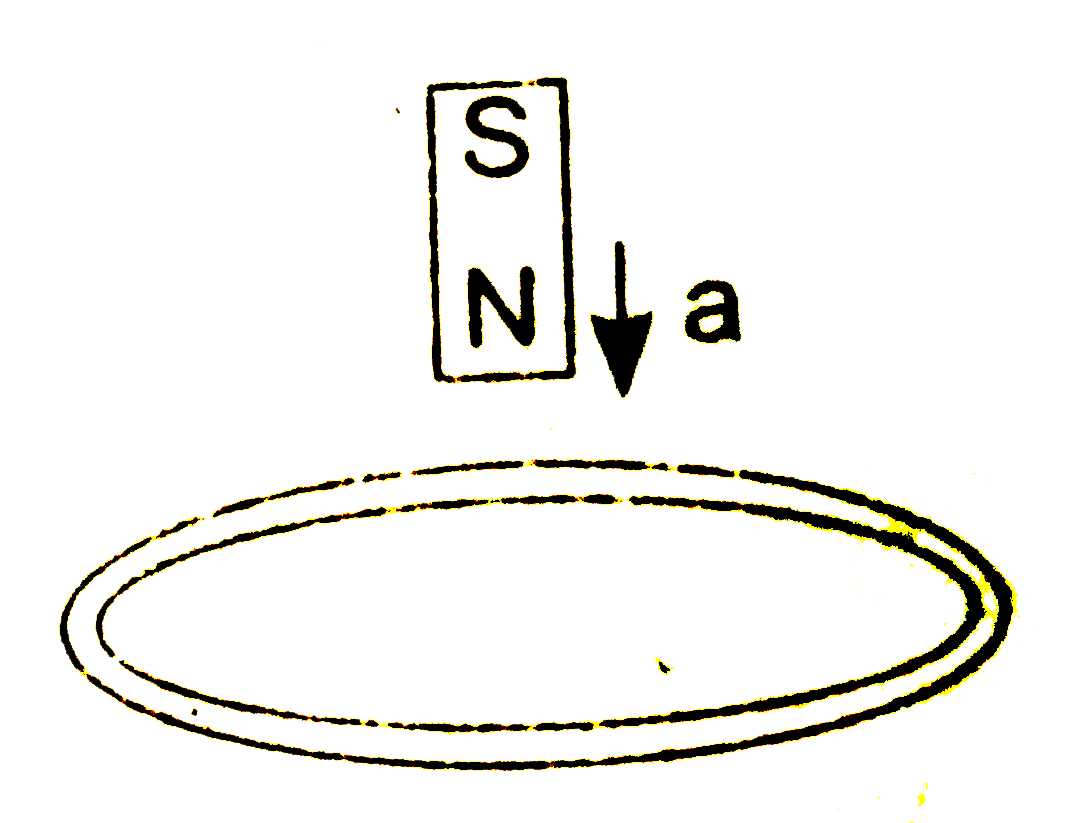Not all sounds made by animals serve for communication, and we have only to turn to that extraordinary discovery of echo-location in bats to see a case in which the voice plays a strictly utilitarian role. To get a full appreciation of what this means we must turn first to some recent human inventions. Everyone knows that if a person shouts in the vicinity of a wall or a mountainside, an echo will come back. The further off this solid obstruction, the longer time will elapse for the return of the echo A sound made by tapping on the hull of a ship will be reflected from the sea bottom, and by measuring the time interval between the taps and the recent of the echoes, the depth of the sea at that point can be calculated. So was born the echo-sounding apparatus, now in general use in ships Every solid object will reflect a sound, varying accoridng to the size of and nature of the object. A shoal of fish will do this. So it is a comparatively simple step from locating the sea bottom to locating a shoal of fish. With experience, and with improved apparatus, it is now possible not only to locate a shoal, but to tell it is herring, cod,or other well-known fish, by the pattern of its echo.
A few years ago it was found that contain bats emit squeaks and by receiving the echoes they could locate and steer and by receiving the echoes they could locate and steer clear of obstacle of locate flying insects on which they feed. This echo-location in bats is often compared with radar, the principle of which is similar.
Which one of the following is correct?
An echo will come back if you shout near
solid obstruction
only wall
only a mountainside
the sea
The correct Answer is:A
An echo comes back if a person shouts in the vicinity of a wall or solid obstructio. Though the further oof this solid obstruction, the longer time will elapse for the return of the echo.
Topper's Solved these Questions
Similar Questions
He handled the machine with deft–––– fingers.
View SolutionAlthough I was ___________ of his plans ,I encouraged him , Because there was no one else who was willing ot help.
View Solutionकपियो को मानव में बदलने के लिए कौन-से परिवर्तन करने की आवश्यकता होगी?
View Solutionचित्रानुसार एक दण्ड चुम्बक मुक्त रूप से एक कुण्डली के बीच से होकर गिरता है। कारण सहित बताइए कि चुम्बक का त्वरण (a ) गुरुत्वीय त्वरण (g ) से कम अथवा समान अथवा अधिक होगा।

View Solutionवह पदार्थ जो किसी चुम्बकीय क्षेत्र में रखने पर चुम्बकीय क्षेत्र के विपरीत क्षीण चुम्बकन (magnetisation) प्राप्त कर लेता है, है -
View Solutionदिल्ली स्टेशन से, यदि हम 2 टिकट स्टेशन A के तथा 3 टिकट स्टेशन B के खरीदते हैं तो इनका कुल मूल्य १ 77 है परन्तु यदि हम 3 टिकट स्टेशन A के तथा 5 टिकट स्टेशन B के खरीदते हैं, तो इनका कुल मूल्य र124 है। दिल्ली से स्टेशन A तथा स्टेशन B तक टिकट के मूल्य ज्ञात कीजिए।
View Solutionएक व्यक्ति ₹ 1000 का नोट लेकर बैंक जाता है। वह कैशियर से बदले में केवल ₹5 और ₹10 के नोट देने के लिये कहता है। यदि उसे कुल ।75 नोट मिलते हैं, तो उसने ₹5 और ₹10 के कितने-कितने नोट प्राप्त किए?
View Solution40 बच्चों की एक कक्षा में लड़कियों और लड़कों का अनुपात 2 : 3 हैं। 5 नवे बच्चों ने कक्षा में प्रवेश लिया। इनमें किनने लड़के होने चाहिए जिससे लड़कियों और लड़कों का अनुपात 4 :5 हो जाए?
View Solutionसमस्याओ में रेखिक समीकरण युग्म बनाइए और उनके हल प्रतिस्थापन विधि द्वारा ज्ञात कीजिए :
एक नगर में टैक्सी के भाड़े में एक नियम भाड़े के अतिरिक्त चली गई दुरी पर भाड़ सम्मिलित किए जाता है। 10 किमी दुरी के लिए भाड़ा 105 है तथा 15 किमी के लिए भाड़ा क्या है ? एक व्यक्ति को 25 किमी यात्रा करने के लिए कितना भाड़ा देना होगा ?
View Solutionसमस्याओ में रेखिक समीकरणों के युग्म बनाइए और उनके हल (यदि उनका अस्तित्व हो ) विलोपन विधि से ज्ञात कीजिए :
किराए पर पुस्तके देने वाले किसी पुस्तकालय का प्रथम तीन दिनों का एक नियम किराया है तथा उसके बाद प्रत्येक अतिरिक्त दिन का अलग किराया है । सरिता ने सात दिनों तक एक पुस्तक रखने के लिए 27 अदा किए जबकि सुसी ने एक पुस्तक पाँच दिनों तक रखने के 21 ऐडा किए । नियत किराया तथा प्रत्येक अतिरिक्त दिन का किराया ज्ञात कीजिए ।
View Solutionसिध्द कीजिए की c का एक ऐसा मान है जिसके लिए निकाय cx+3y=c−3 और 12x+cy=cके अपरिमित रूप से अनेक हल है इस मान ज्ञात कीजिए ।
View Solutionc को दो भगो में एक प्रकार सोने की छड़ बन जाए ? कीजिए की बड़े भाग का 'a ' गुना छोटे भाग के 'b ' गुने के बराबर है ।
View SolutionA और B एक पाँसे को 1100 रु. के इनाम पर फेंकते हैं जो उस खिलाड़ी द्वारा जीता जाता है जो पहले 6 फेंकता है। यदि A ने पहले पाँसा फेंका, तो उनकी क्रमशः क्या प्रत्याशाएँ हैं?
View Solutionएक धातु क्रिस्टलीकृत होकर एक जालक का निर्माण करती है जिसमे ABABAB............अणुओ की पंक्ति का एक क्रम पाया जाता है । जालक के आयतन में रिक्त स्थान की प्रतिशतता क्या होगी ?
View Solutionसर्वसमिकाओ को सिद्ध करो:
1cosecA−cotA−1sinA=1sinA−1cosecA+cotA
View Solutionसर्वसमिकाओ को सिद्ध करो:
cotA+cosecA−1cotA−cosecA+1=1+cosAsinA
View Solution
